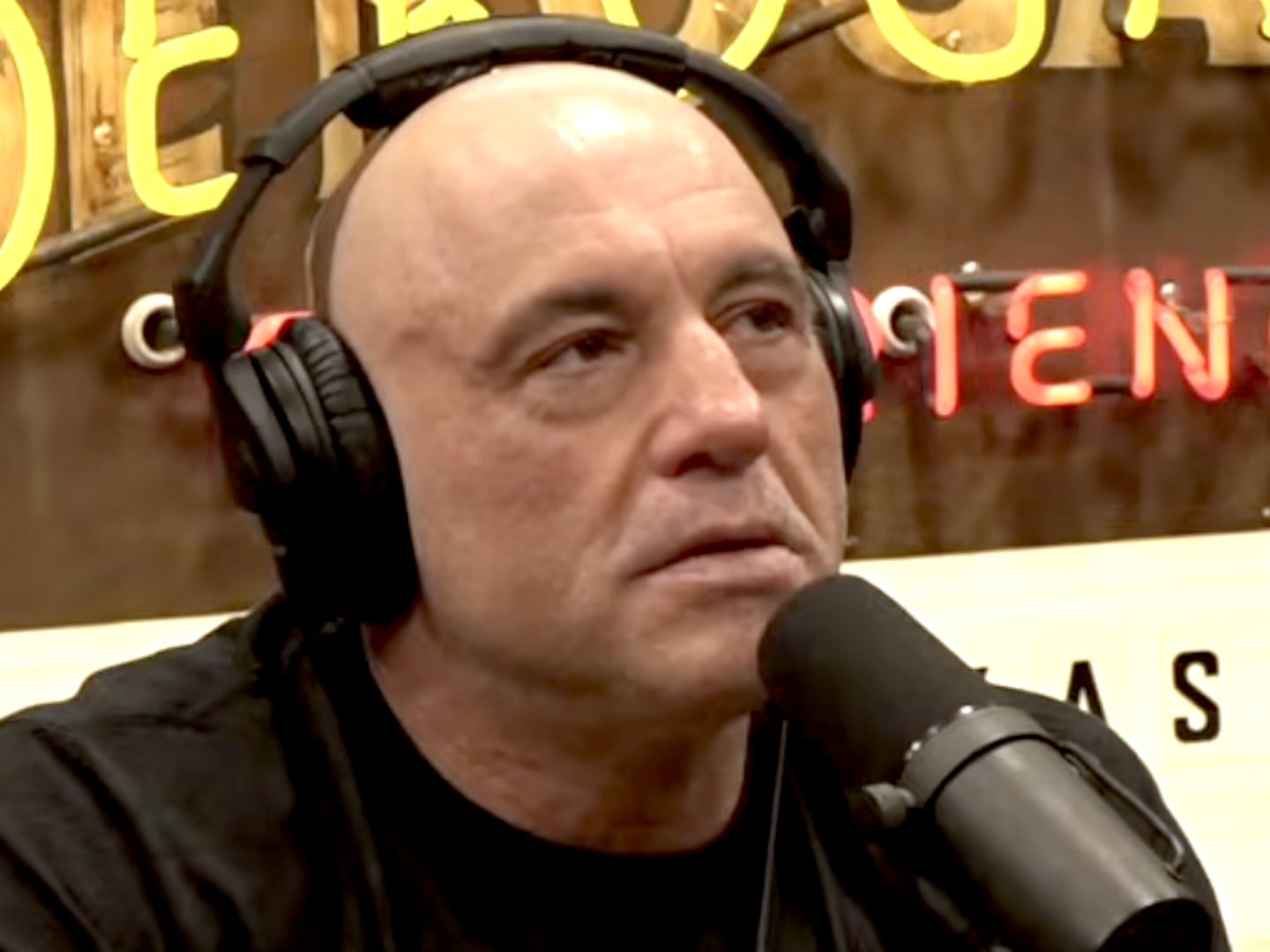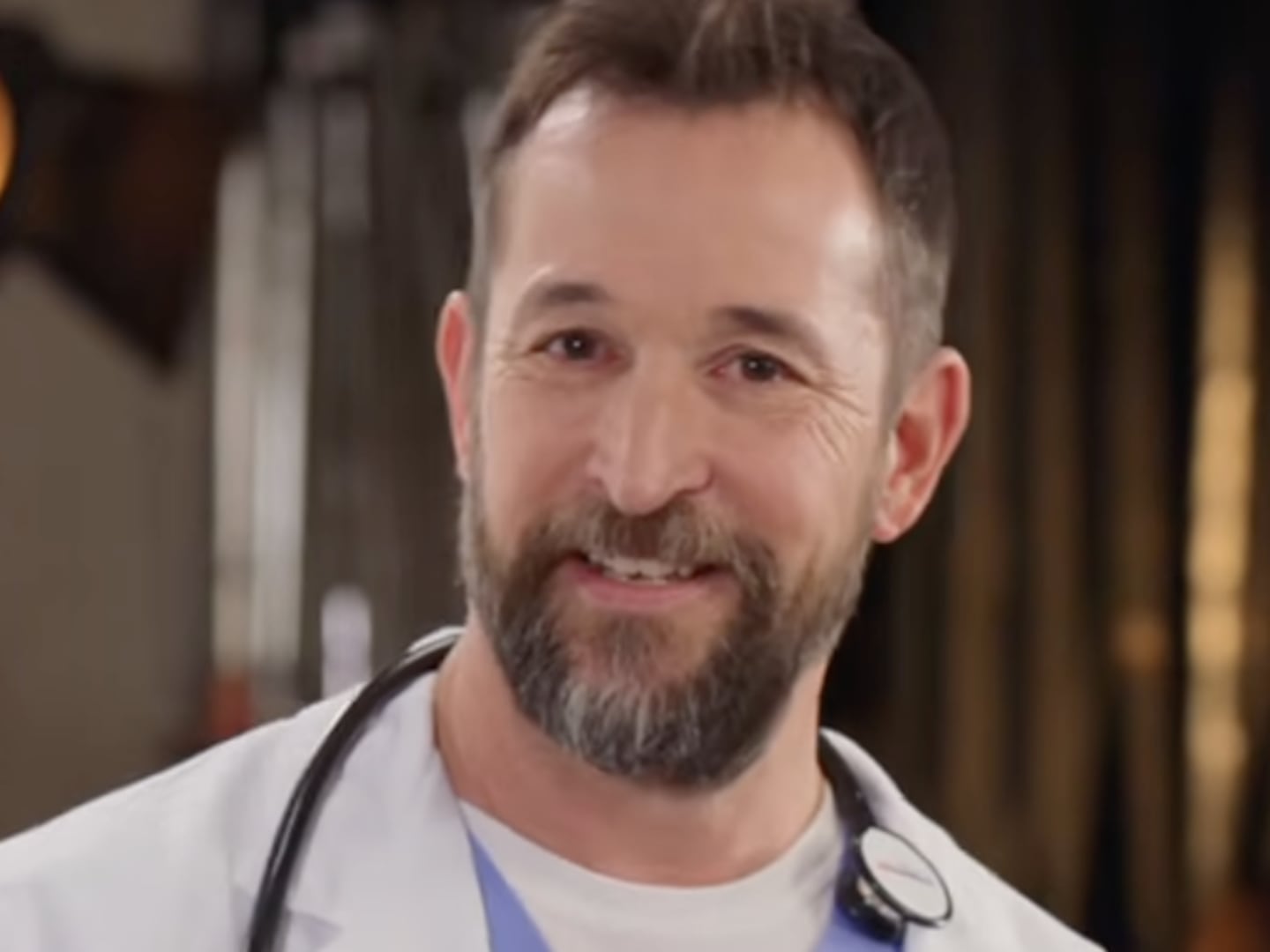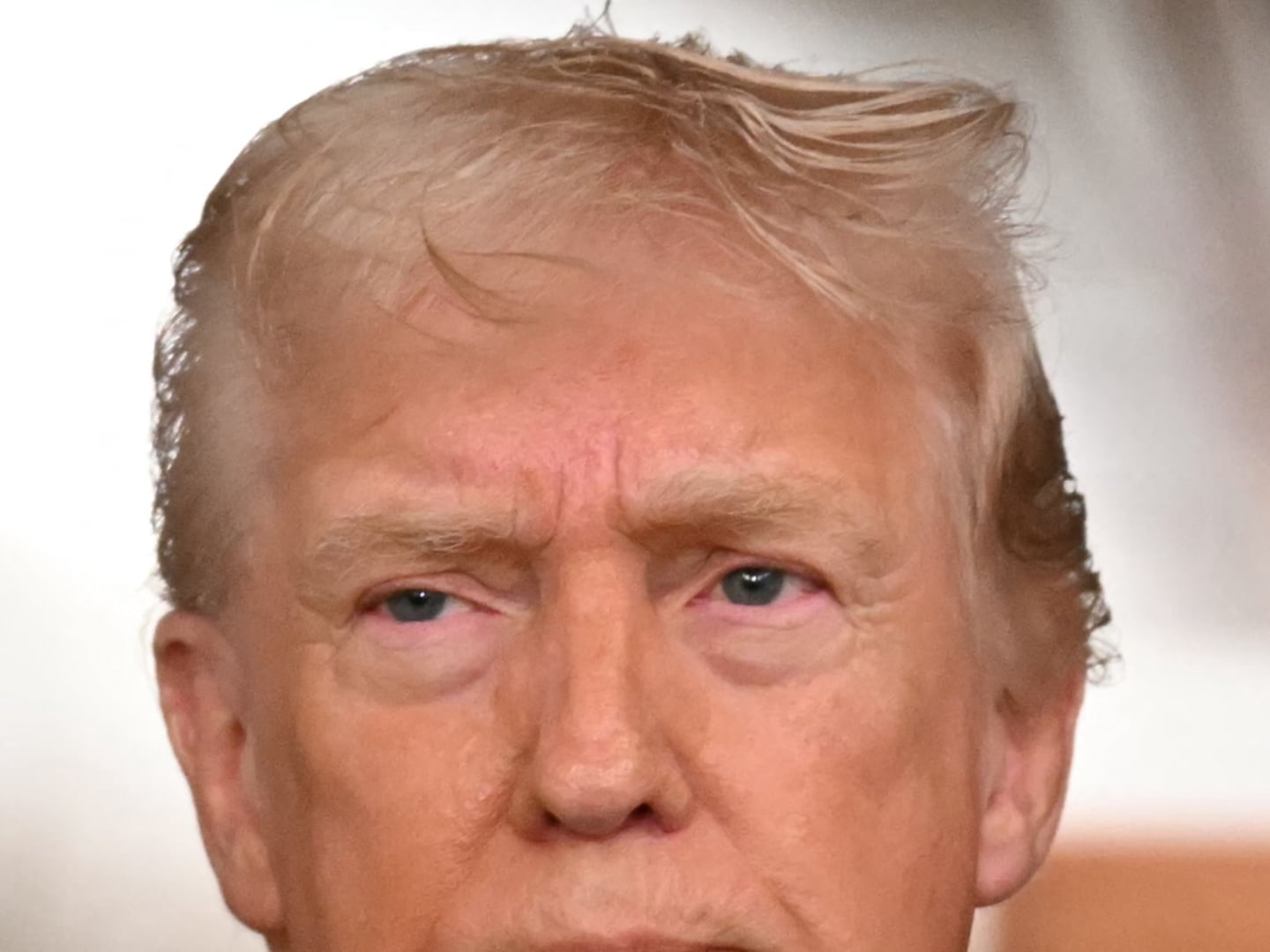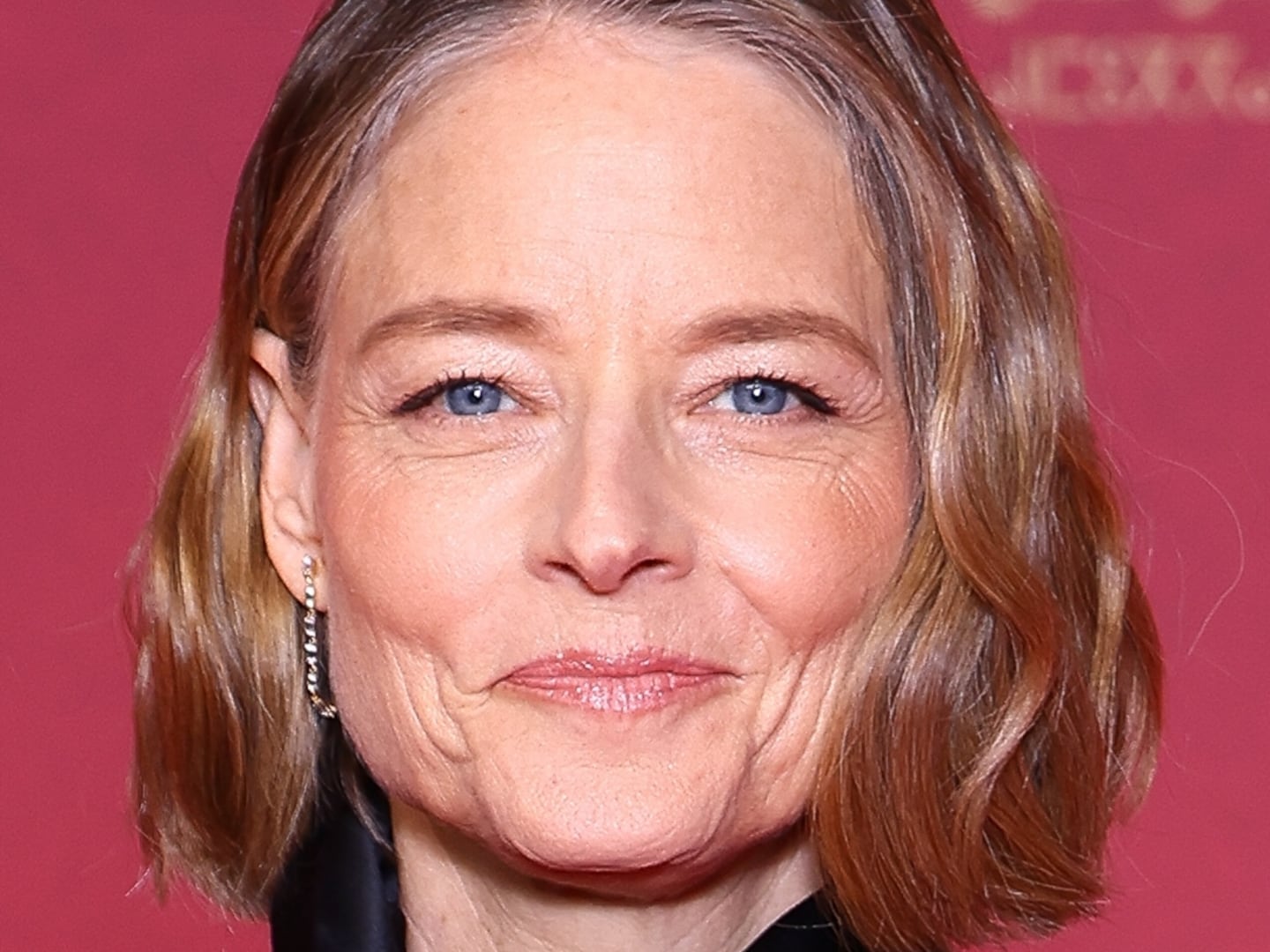TORONTO, Canada—The end of the world arrives in a flood of water and affectations in The End We Start From, a post-apocalyptic drama that prioritizes superficial aesthetic frills over character and narrative depth. A survival story culled from the flotsam and jetsam of myriad superior doomsday ventures, director Mahalia Belo’s feature debut features a collection of insubstantial men and women and a steady stream of frustratingly diffuse situations. No matter Jodie Comer’s committed effort to wring something emotional from this cataclysmic saga, the film proves soggy in every respect.
Based on Megan Hunter’s novel of the same name, and premiering at this year’s Toronto International Film Festival, The End We Start From wastes no time gussying up its action with unnecessary flourishes, from an introductory bathtub POV shot in which everything is slowly blurred out by rising white haziness, to a shot of Comer’s unidentified expectant mother rising from a couch (following a power outage) that twists about in order to gaze at her upside-down in a coffee table’s reflection—the latter an expression of the fact that her world is now on the brink of being hopelessly upended. With cacophonous rain continuing to hammer her London home, Comer’s protagonist bides her time until twin shocks arrive: early, powerful contractions and water creeping beneath the bottom of her door to saturate her residence.
It's apparently the end of the world as climate activists have known it, with Mother Nature attempting to drown the UK for crimes against the environment. As scripted by Alice Birch (Lady Macbeth, The Wonder), the reasons for this disaster are left deliberately vague, the better to focus on Comer’s disturbing moment-to-moment experiences. Brief radio reports indicate that the country is in disarray and that retreat to safer grounds is recommended, yet as in Hunter’s source material, everything is an elliptical blur, and in a manner that quickly turns out to be less evocative than aggravating. Somehow, Comer’s pregnant main character gets to a hospital in time to deliver her son, and she’s met there by her partner (Joel Fry), who may or may not be her husband, and who joins Comer in the bathroom as she pees so they can pick out an official moniker for their infant—because, apparently, this was never previously discussed. In short order, they settle on Zeb because why not.
Belo concentrates on Comer’s face in order to generate engagement with her pressing plight. Simultaneously, though, she frames her figures at odd off-center angles, in mirrors and through windows, creating a crushing degree of detachment that’s compounded by the story’s intentional sparsity of details about its subjects. There’s a schizophrenic quality to The End We Start From’s formal approach, as well as a look-at-me showmanship that fails to provide any meaningful reason to look at Comer, Fry, or their oft-wailing tyke, whom Comer nurses and protects as the couple relocates to Fry’s rural childhood home to stay with his dad (Mark Strong) and mom (Nina Sosanya), who somehow boast fewer personality traits than the new parents.
“This isn’t how it’s supposed to be,” mutters Comer to herself when Fry and his folks go out on a food-finding mission, and things only get worse when they return minus one member of their party. Tragedies and attendant dilemmas pile up at a rapid pace, separating Fry from Comer and her child, who seek refuge at a government shelter that—as indicated by its barbwire fences, crummy cots and angry inhabitants—is about as safe and secure as a prison. There, Comer befriends another new mother played by Katherine Waterston, and the two share some moments of much-needed levity before they’re again thrust out into the soaked, scary countryside. Waterston’s mom has heard from a friend about an island commune that might grant them sanctuary and they set out in search of it, along the way encountering a grief-stricken traveler (Benedict Cumberbatch) who generously shares his food and vodka, as well as dances with them in the campfire light.
The End We Start From never stops with the embellishments, whether it’s numerous slow-motion sequences in which natural sound is overwhelmed by mounting electronic music, or Comer’s recurring visions of Fry that segue into flashbacks of their initial meet-cute at a colorful bar. This memory fills in one particular blank but Belo and Birch care more about what people are feeling than who they are, much less about the logistical problems and solutions begat by their circumstances. While there’s occasional talk about food, the film skims past most basic survival-related issues, further reducing the proceedings to a quasi-Armageddon mood piece about sorrow, sacrifice, loyalty and faith.
In its back half, The End We Start From flirts with ideas about remembering and forgetting, mostly via Comer’s encounter with a commune leader (Gina McKee) who prefers to leave the past behind. That notion, however, is no sooner raised than dropped, as the film opts to follow Comer trekking along muddy roads and through damp forests with her baby strapped to her chest and a pack full of supplies (What are they and where did they come from? Who knows!) secured to her back. At a subsequent pitstop, she plays peekaboo with Zeb, her repeated question to the kid—“Where am I?”—resounding as an existential lament about her adrift condition. By this late point, with Comer’s cipher still as remote as her ordeal is hackneyed, viewers may be asking themselves similar queries.
Comer glides so dreamily through this wet wasteland that her tireless dedication to reuniting with Fry barely registers. Without any sense of peril, adventure, discovery or risk, The End We Start From is just scattered fragments of familiar genre scenes and conversations. There isn’t even any rhyme or reason to the thunderstorms that have transformed England into one massive puddle; they’re just a nebulous phenomenon that appear and disappear at random and represent nothing about Comer’s interior state. As both a cautionary tale about our impending eco-catastrophe and an inspiring fable about the lengths necessary to overcome personal and global adversity, it's a near-total washout.
Liked this review? Sign up to get our weekly See Skip newsletter every Tuesday and find out what new shows and movies are worth watching, and which aren’t.






